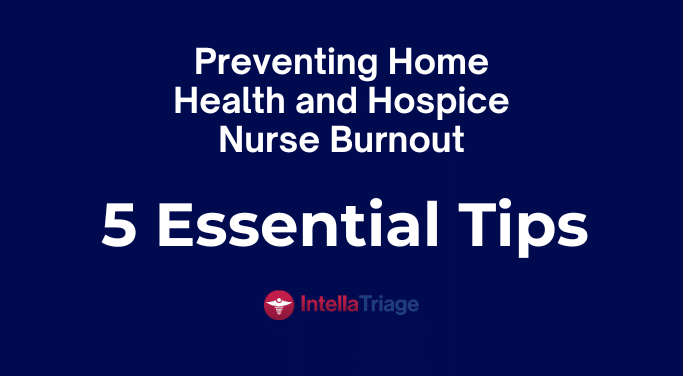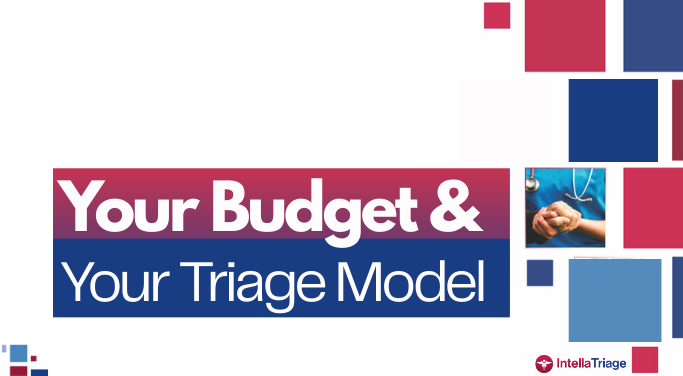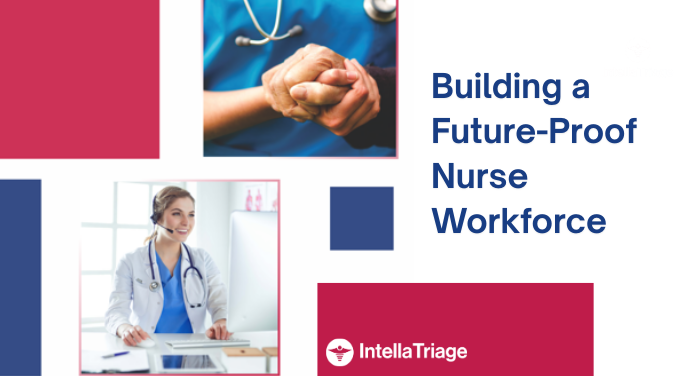Preventing nurse burnout can translate to improved nurse retention and improved patient outcomes. In home health and hospice care, nurses often face significant challenges that can lead to burnout. The constant juggling of patient needs, administrative tasks, and emotional stress can take a toll on even the most dedicated caregivers. However, prioritizing nurse wellness and implementing effective strategies can help prevent burnout and promote a healthier work-life balance.
Here are five essential tips:
- Self-Care Rituals: Encourage nurses to prioritize self-care by incorporating daily rituals into their routine. Whether it’s a morning meditation, a midday walk, or simply taking a few moments to unwind before bed, carving out time for self-care can recharge their emotional batteries and reduce stress.
- Establish Boundaries: Setting clear boundaries between work and personal life is crucial for preventing burnout. Encourage nurses to define and communicate their limits effectively with colleagues and supervisors. Such boundaries include scheduling regular breaks, limiting overtime, and disconnecting from work emails and calls during off-hours.
- Seek Support: Foster a culture of support within the workplace where nurses feel comfortable reaching out for help when needed. Provide access to counseling services, peer support groups, and mentorship programs. This can ensure nurses have the resources they need to cope with the emotional challenges of their work.
- Promote Work-Life Balance: Explore ways to reduce “working-hours overflow” by ensuring your nurses can truly turn off during their off hours. Consider outsourcing triage after hours. Encourage nurses to prioritize activities outside of work that bring them joy and fulfillment. Maintaining a healthy work-life balance prevents burnout and sustains long-term well-being. Employees benefit from spending time with family and friends, pursuing hobbies, or engaging in community service,
- Continual Education and Training: Invest in ongoing education and training opportunities for nurses. Your clinicians can enhance their skills, stay updated on best practices, and prevent feelings of stagnation or burnout. Provide access to resources such as workshops, webinars, and conferences. Empower your nurses to excel and find fulfillment in their careers.
Resources:
- American Nurses Association (ANA): Offers resources and tools for nurse wellness and self-care.
- Hospice and Palliative Nurses Association (HPNA): Provides education and support for nurses working in hospice and palliative care settings.
- National Alliance for Caregiving: Offers resources and support for caregivers, including self-care tips and caregiver wellness programs.
Home health and hospice organizations can create a supportive environment that fosters resilience and prevents burnout by prioritizing nurse wellness and implementing these proactive strategies. This ultimately enhances the quality of care provided to patients and their families.
Reduce Your Home Health and Hospice Nurses’ Burnout
At IntellaTriage, we can reduce nurse burnout and improve work-life balance.
An incredibly beneficial way to reduce nurse burnout in home health and hospice care organizations is to enlist the services of a professional nurse triage team. Teams comprised of licensed nurses with years of experience in community care can address many of your organization’s after-hours patient calls. Ultimately, this allows your on-call staff to gain much-needed rest and recuperation. Nurses are less stressed when they are not overwhelmed by phone calls while trying to care for patients and perform all the other duties they face within their workday. Additionally, adding this level of support can also be a way to acknowledge and address other symptoms of burnout, such as feeling overworked and under-appreciated.
Contact Us for a Consultation
Ready to optimize your triage process? Reach out to us today for a consultation tailored to your needs. Let’s elevate your patient care together.
More From The Blog
Home health and hospice leaders know the strain of delivering quality care 24/7 with shrinking staff, rising patient volumes, and growing oversight. One strategy many haven’t fully leveraged yet is after-hours triage. A nurse-first triage model is about more than answering calls. Outsourcing your nurse triage function is a strategy that saves money, strengthens staff [...]
As post-acute care evolves under the weight of rising patient volumes, persistent staffing shortages, and the increasing complexity of care at home, one thing has become undeniably clear: nurse-first triage is an invaluable piece of the care-at-home puzzle. At IntellaTriage, we've spent the last 16 years proving that. From our earliest days in 2008, our [...]
In hospice and home health, nurses are the lifeline of care. But with higher acuity in the care-at-home patient population, mounting documentation demands, and a growing aging population, field nurses are stretched thin. The stakes are high for today's care delivery, but for the future of the profession itself. Persistent Post-Acute Trends Worth Paying Attention [...]

